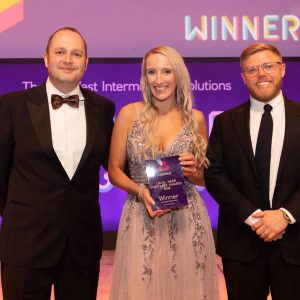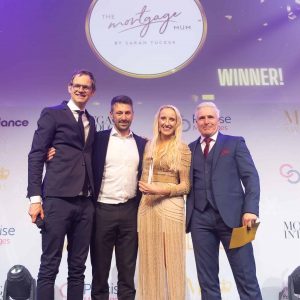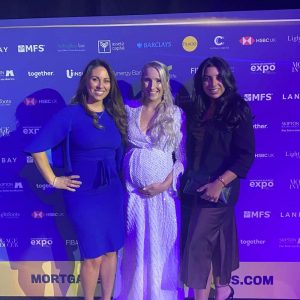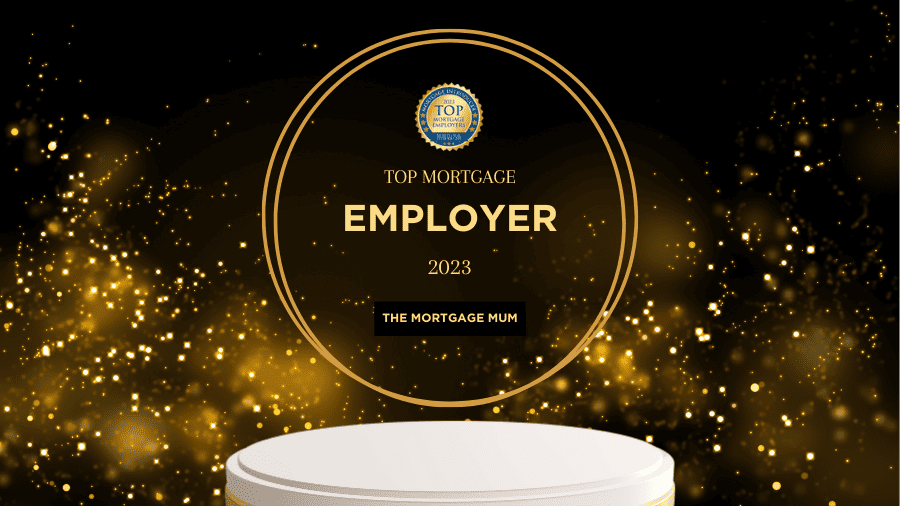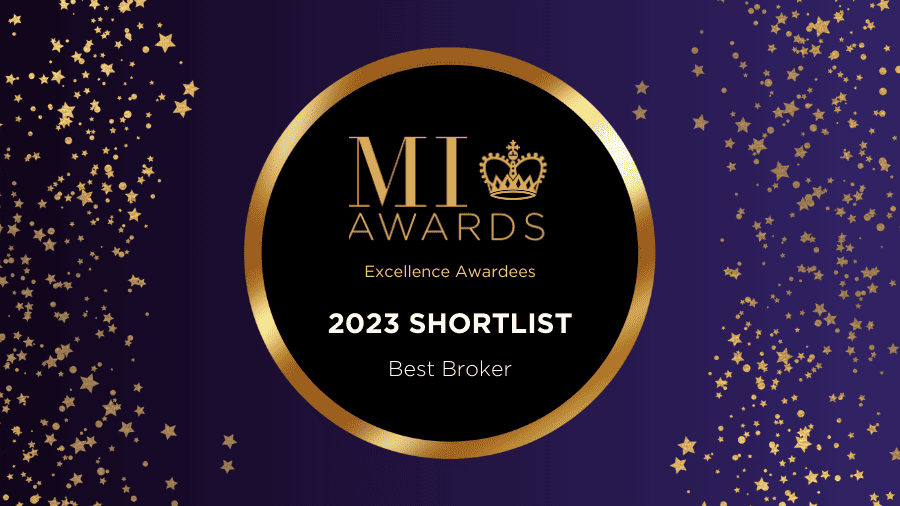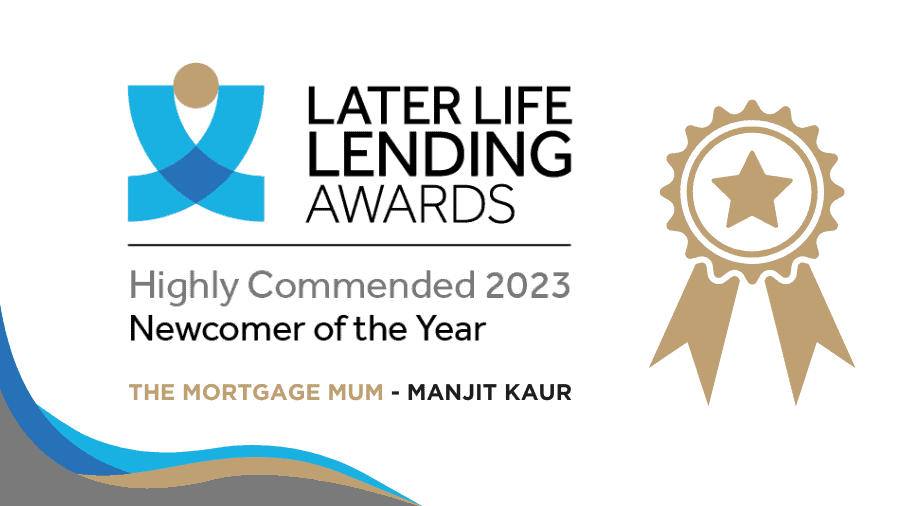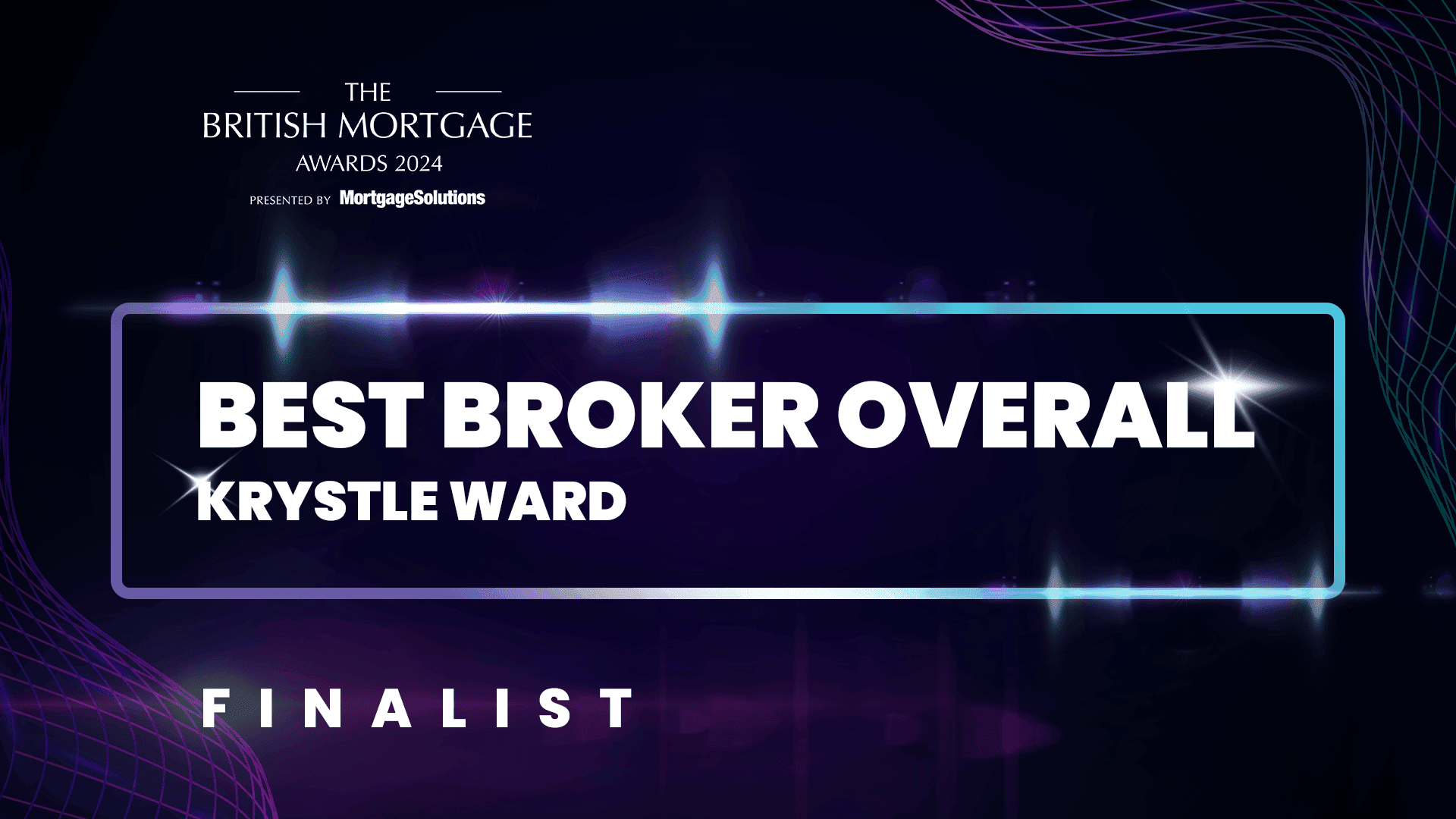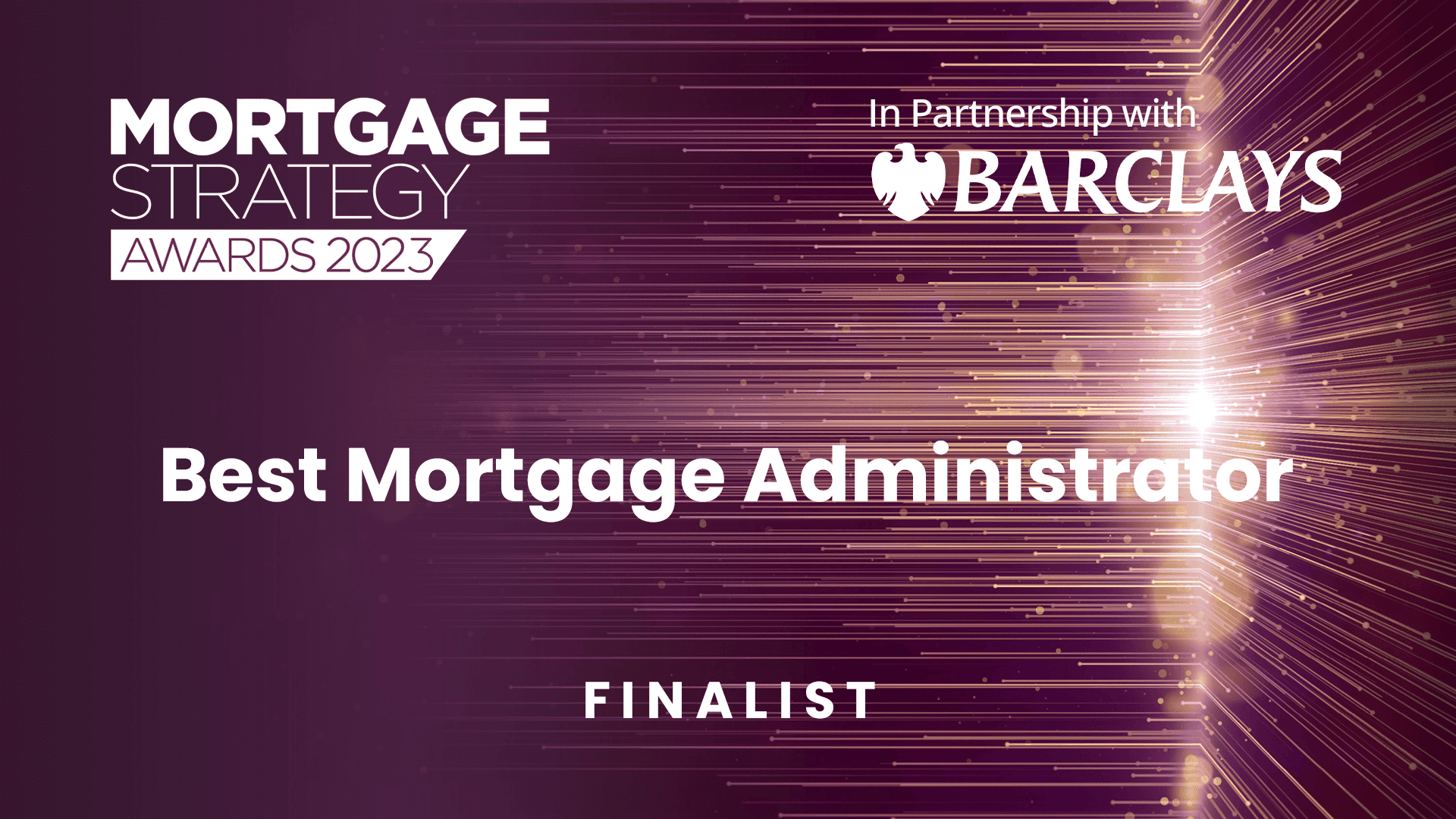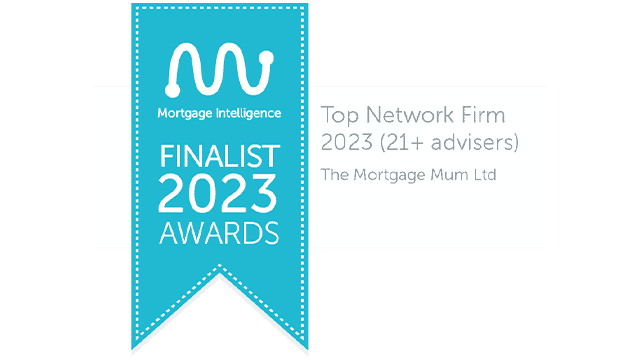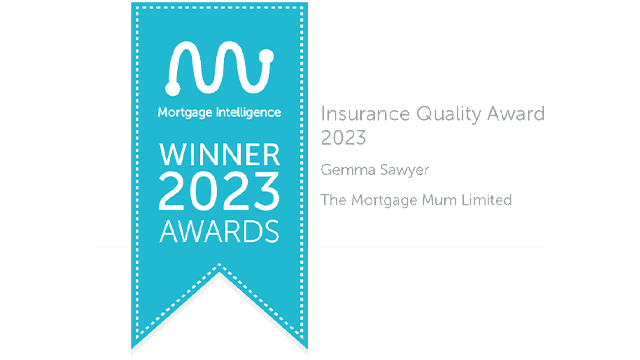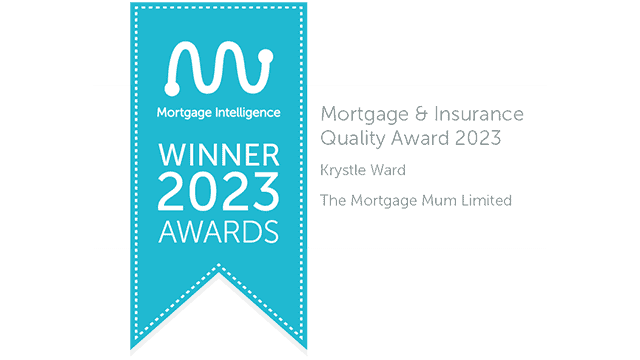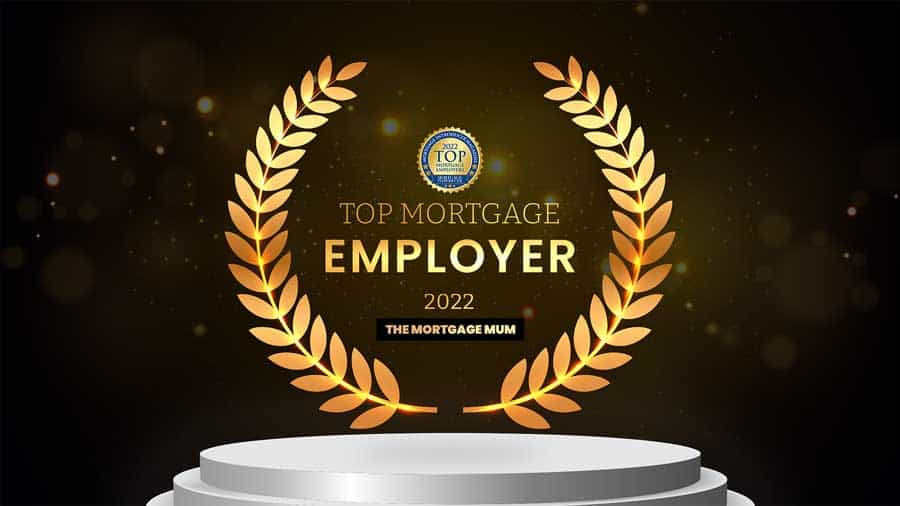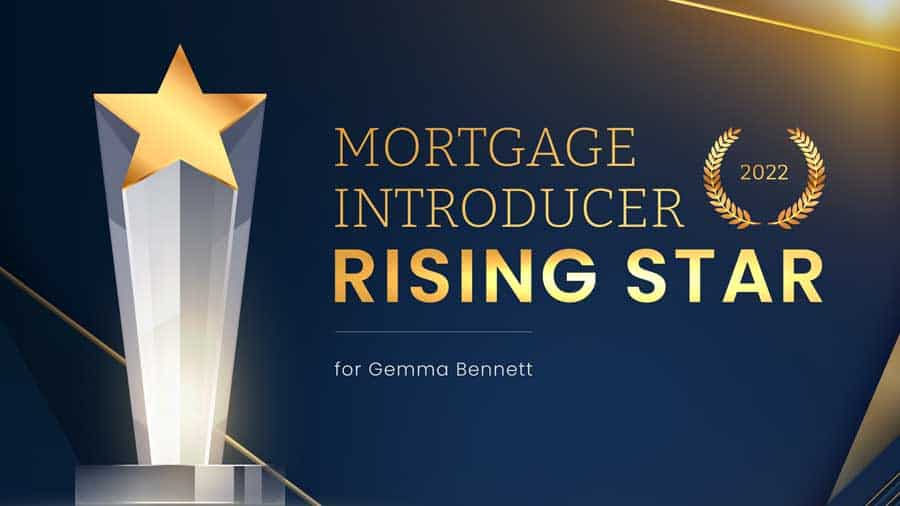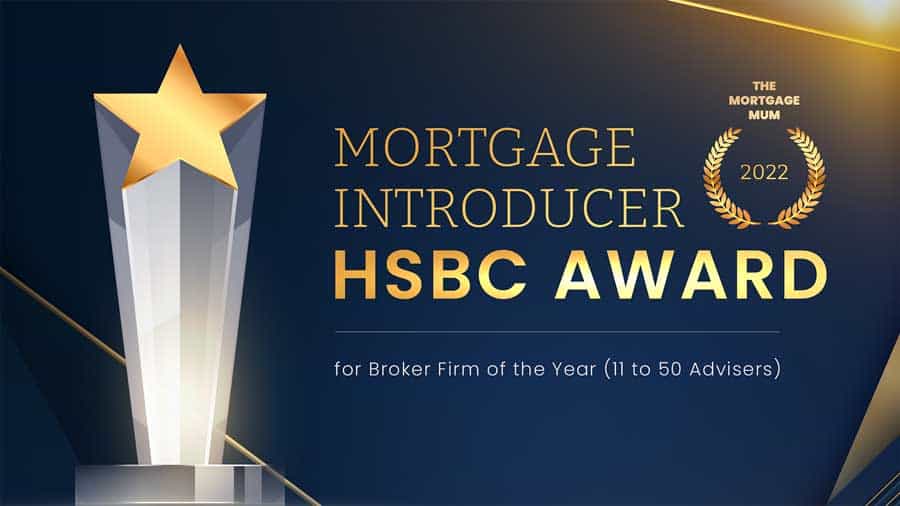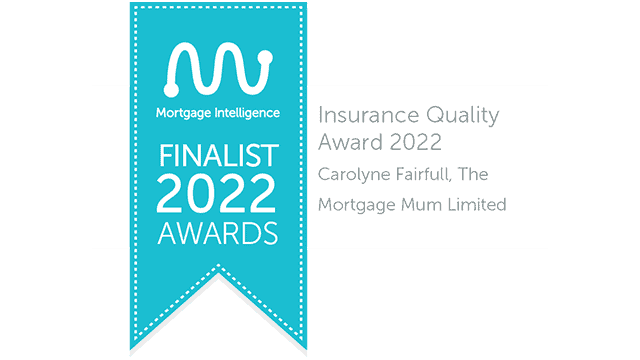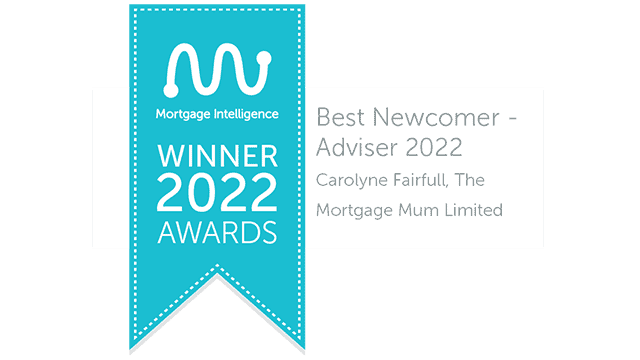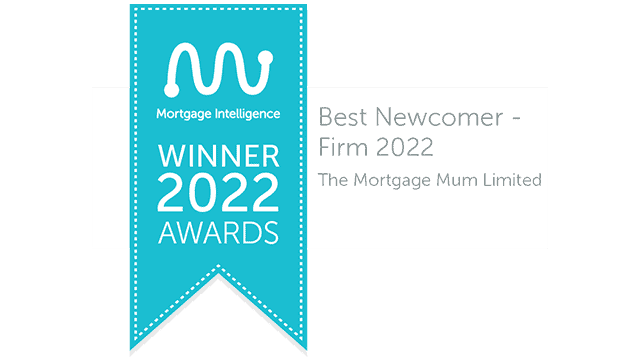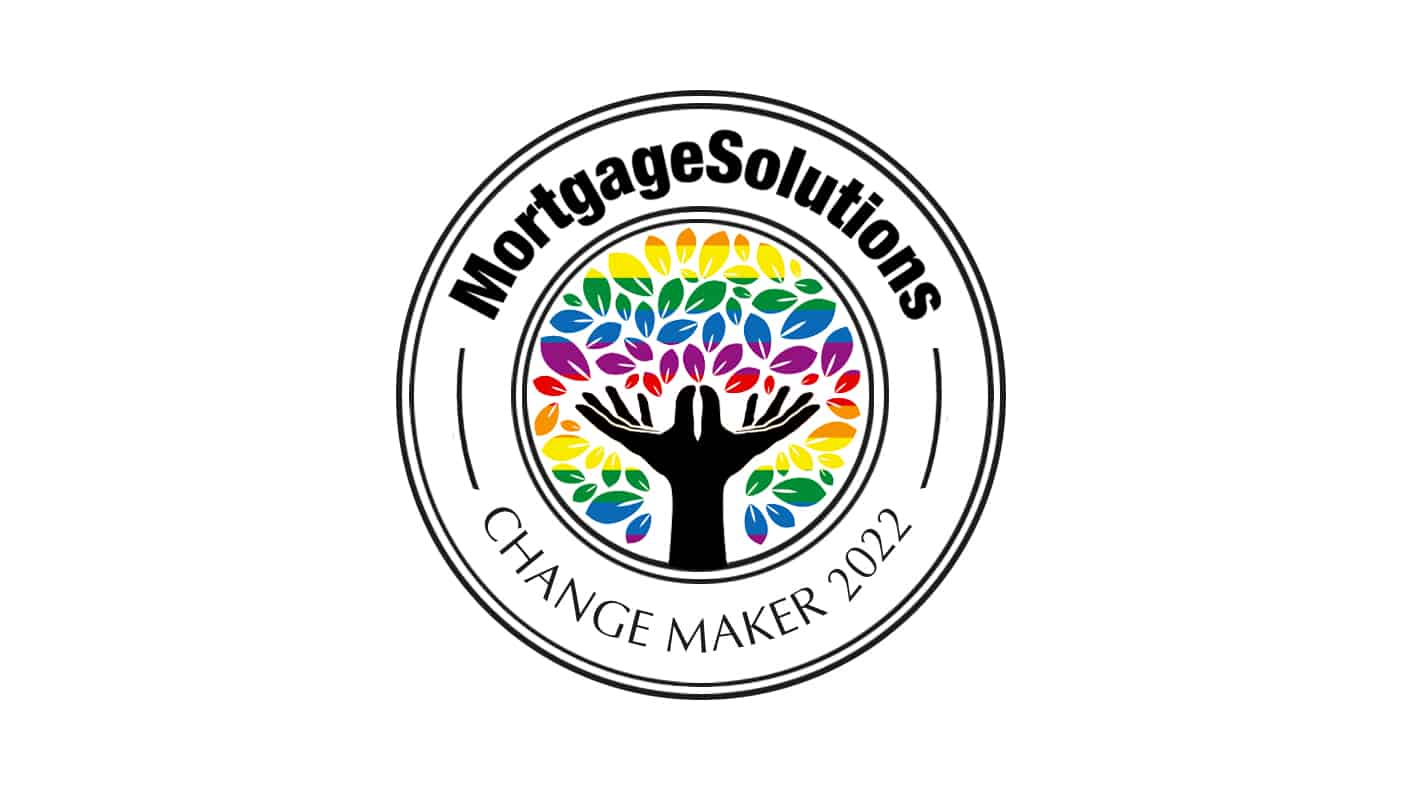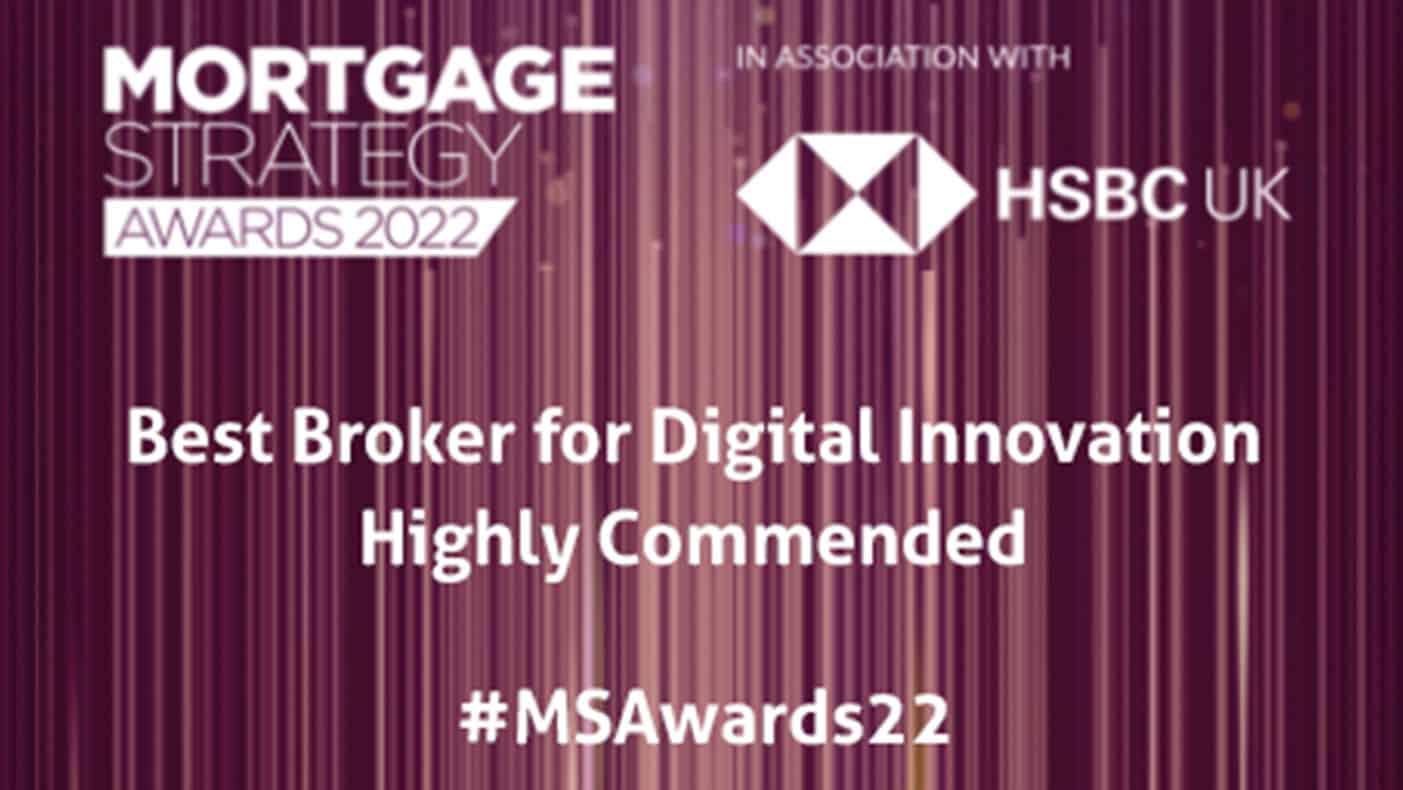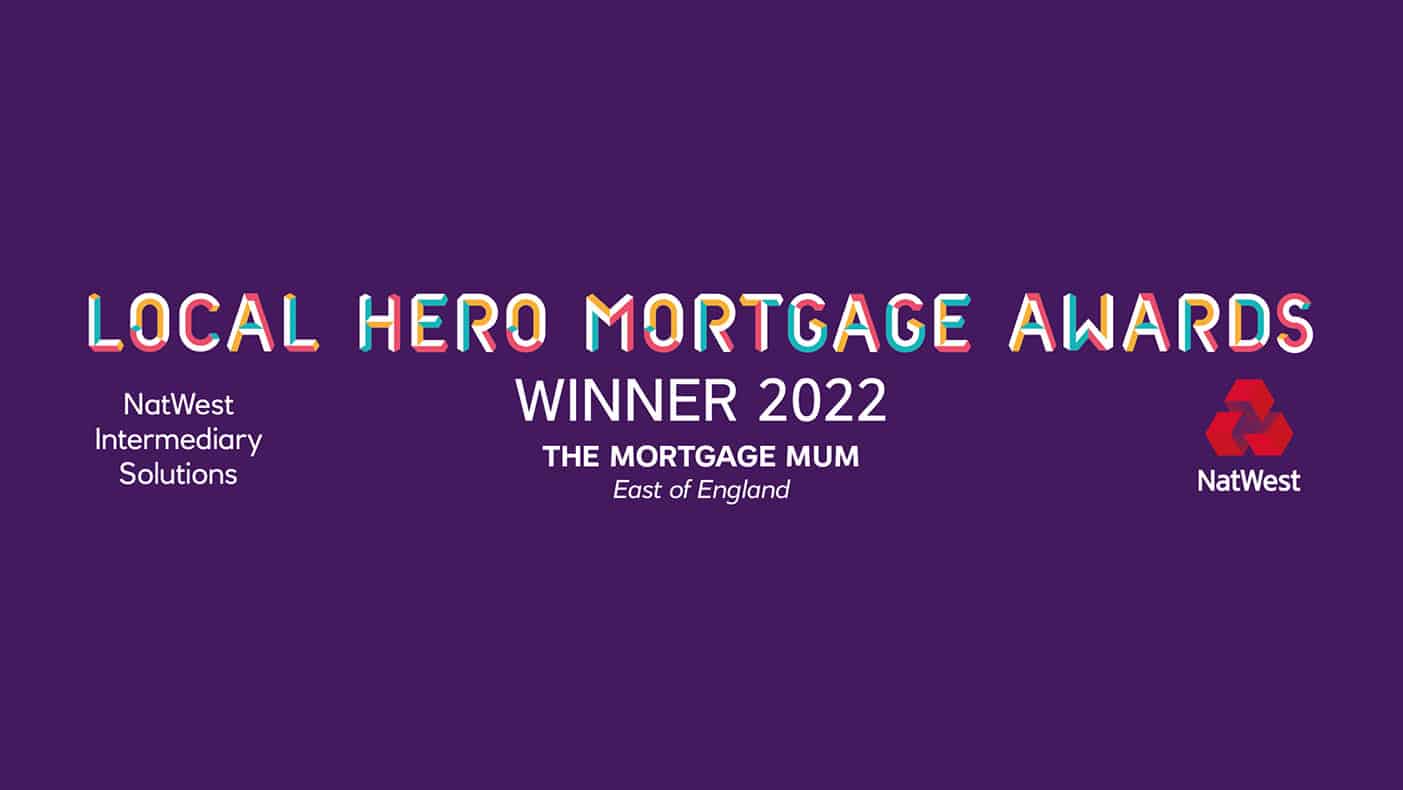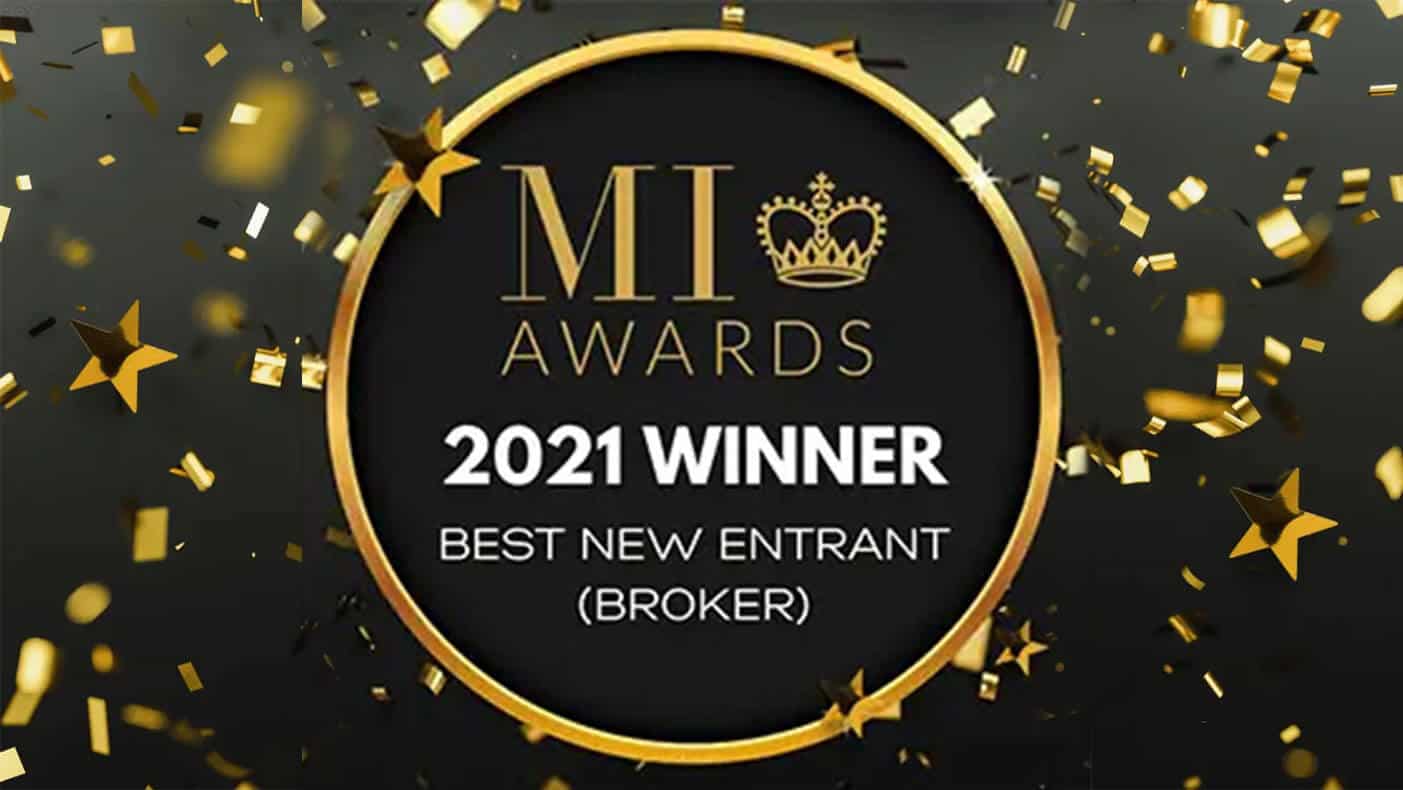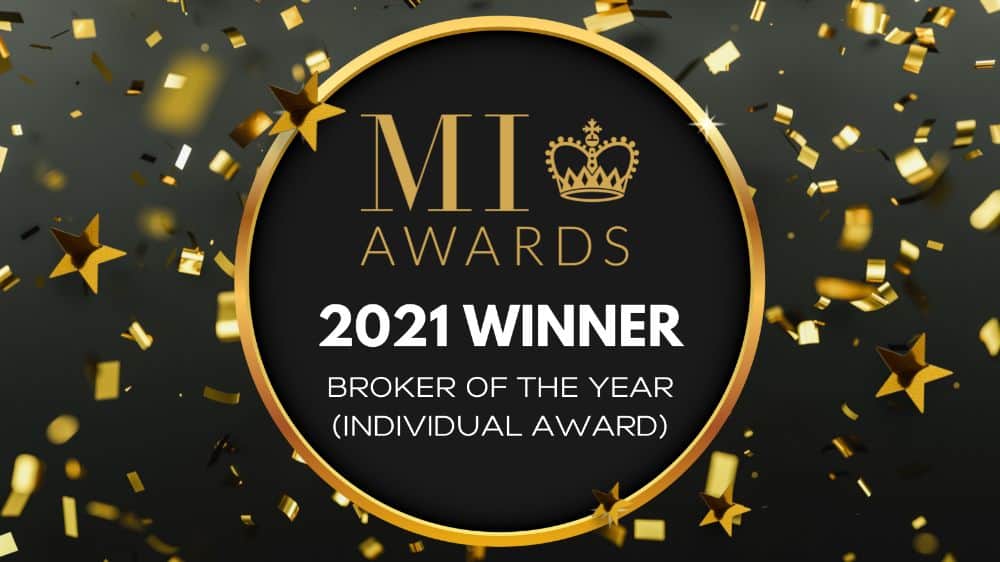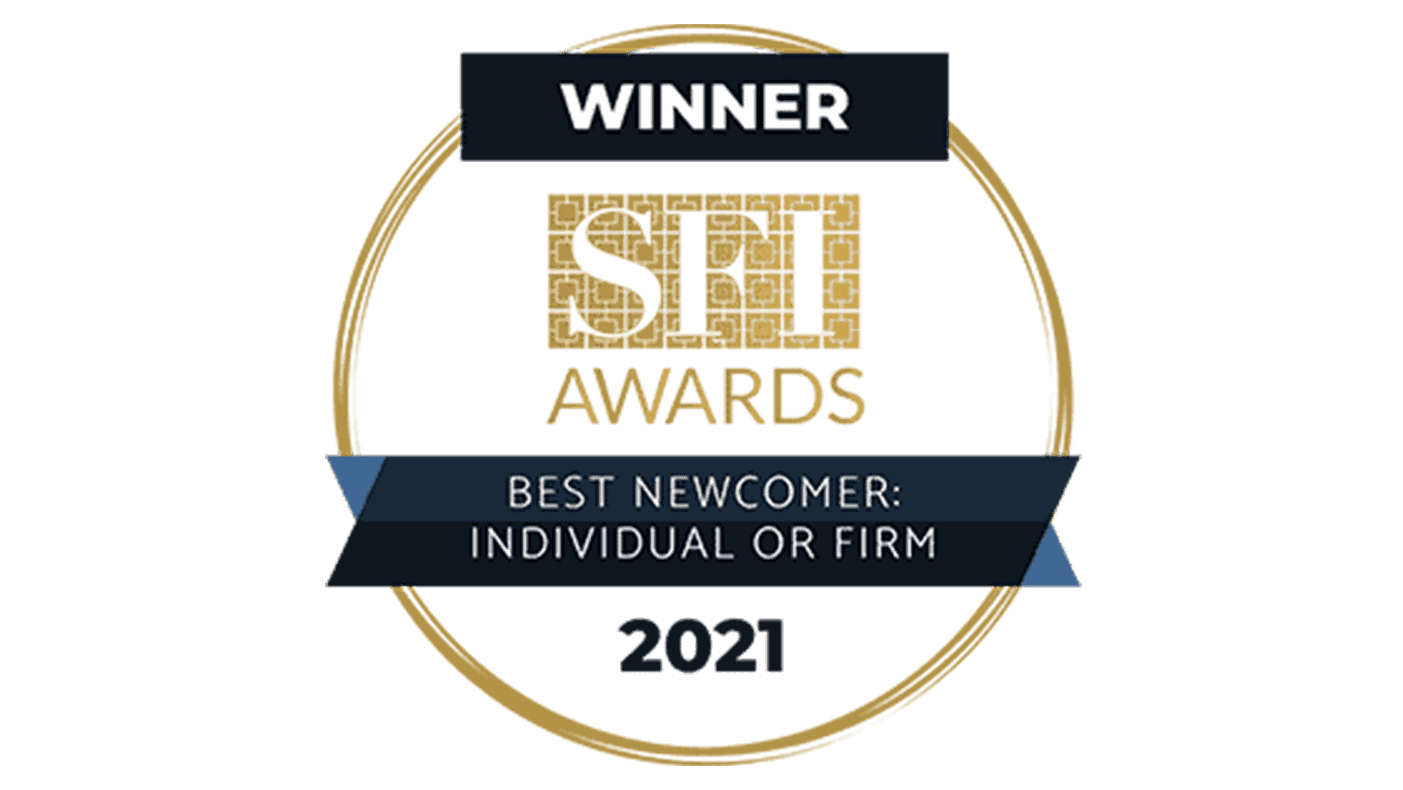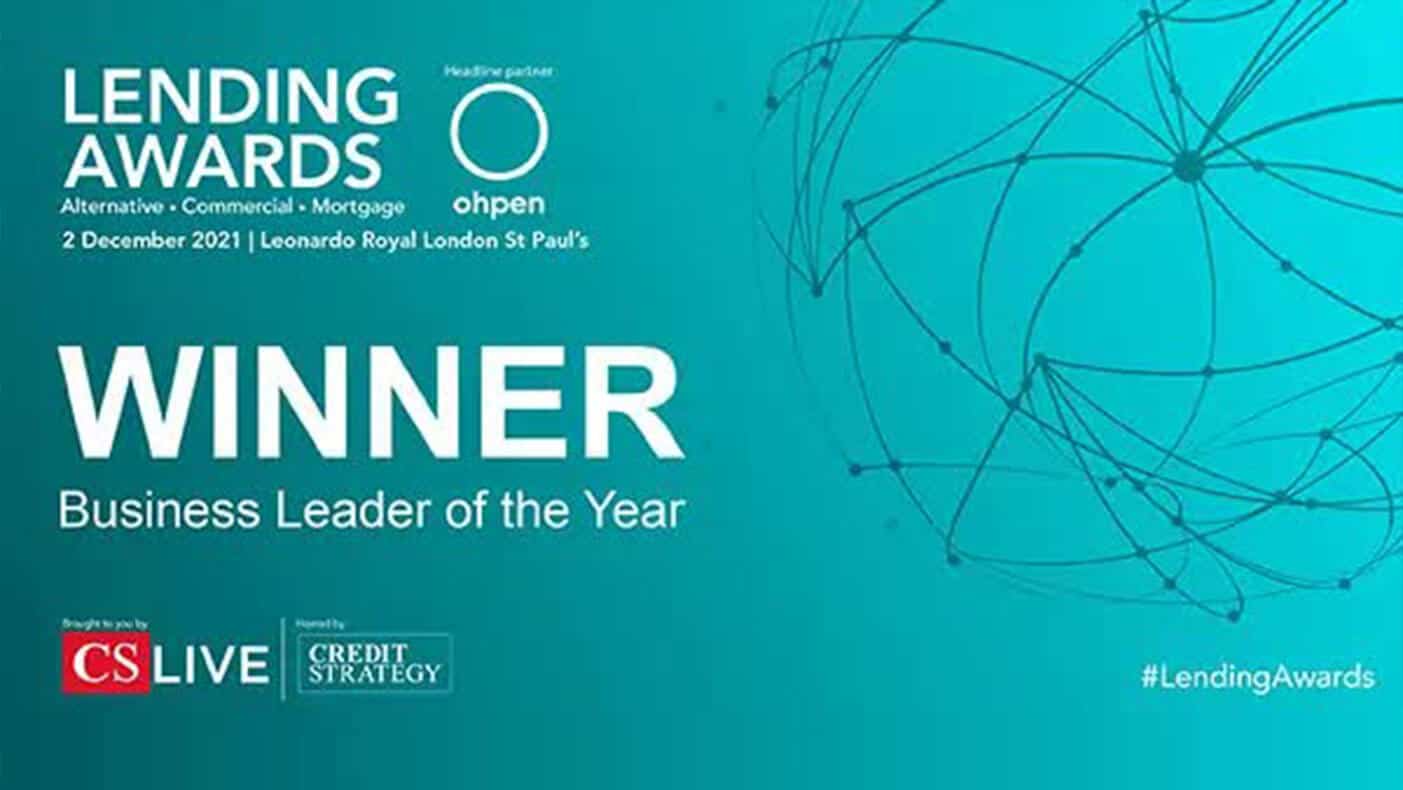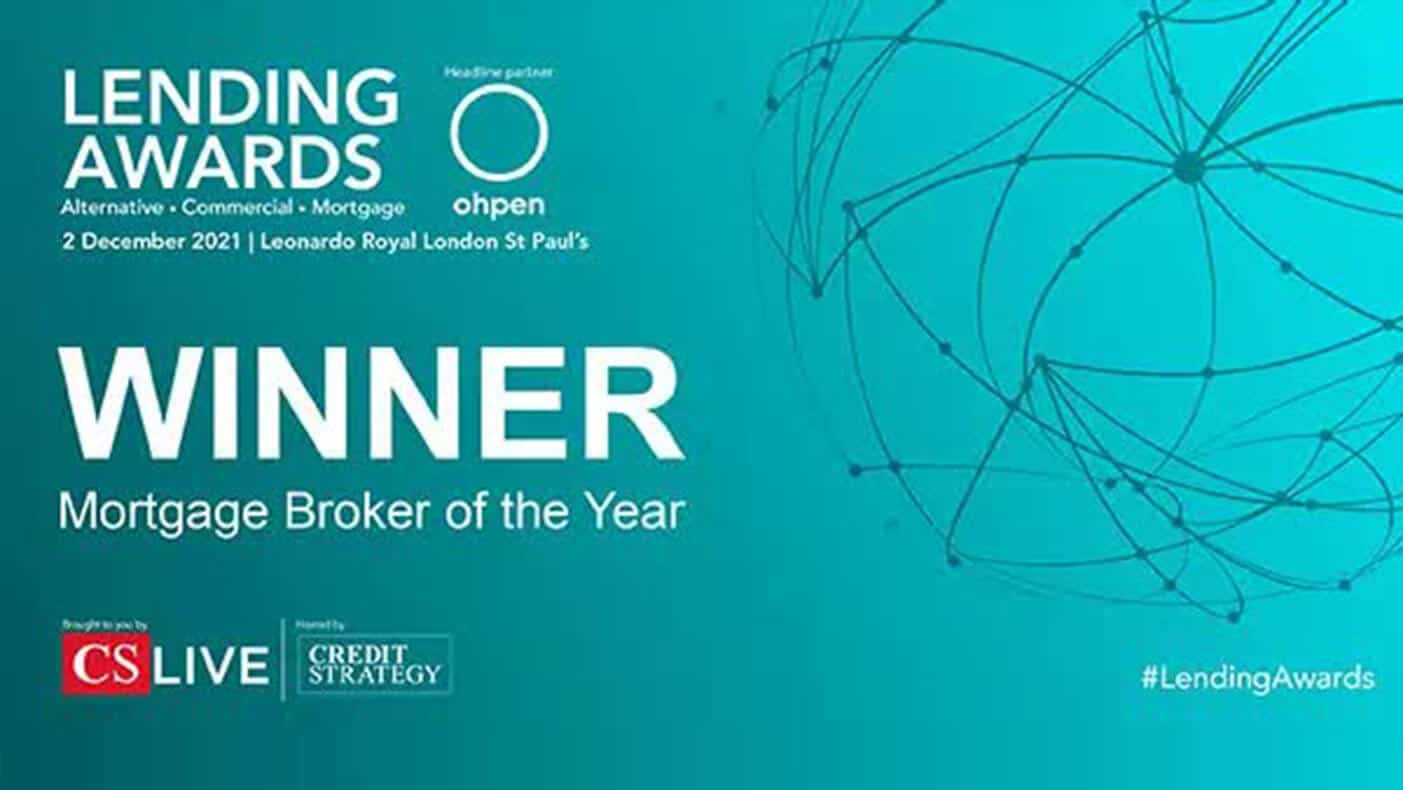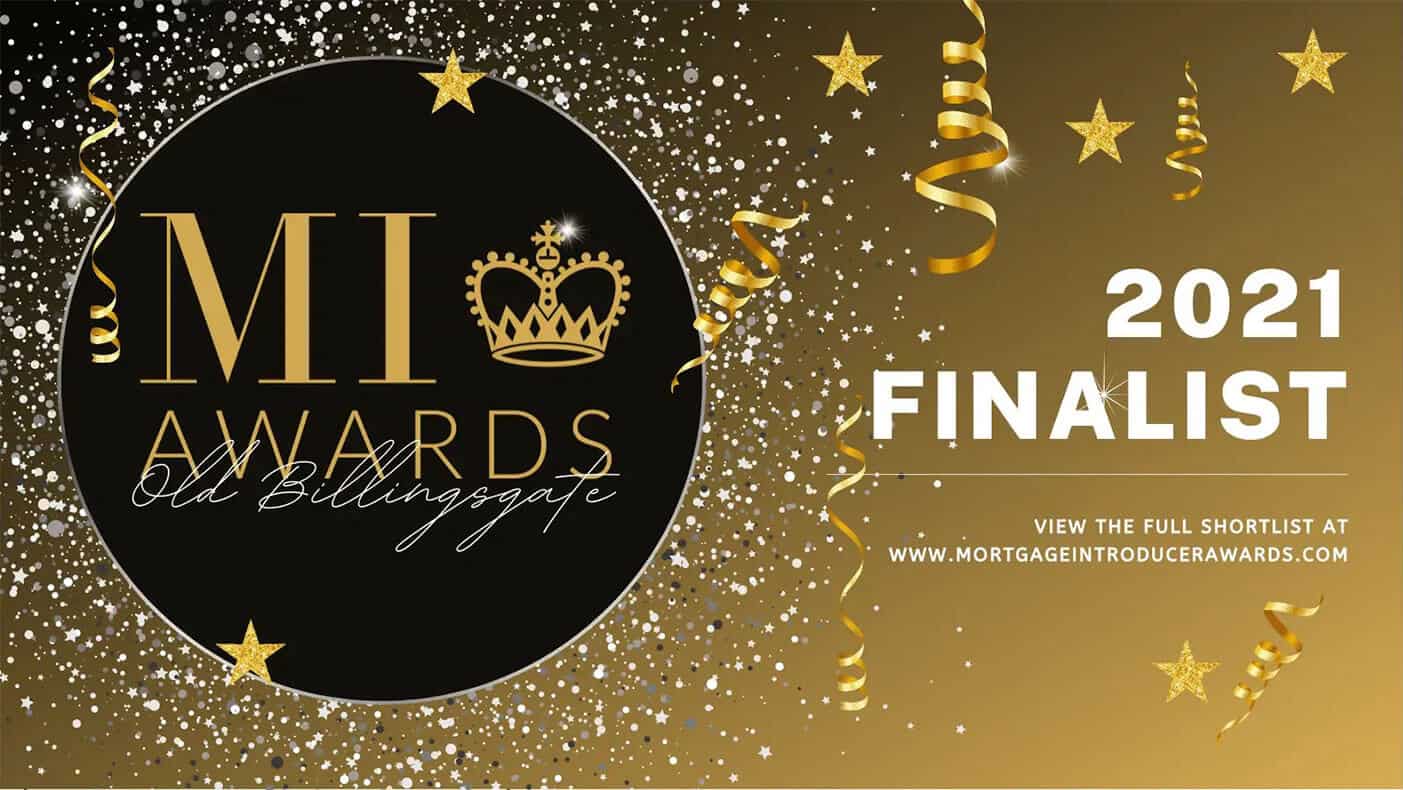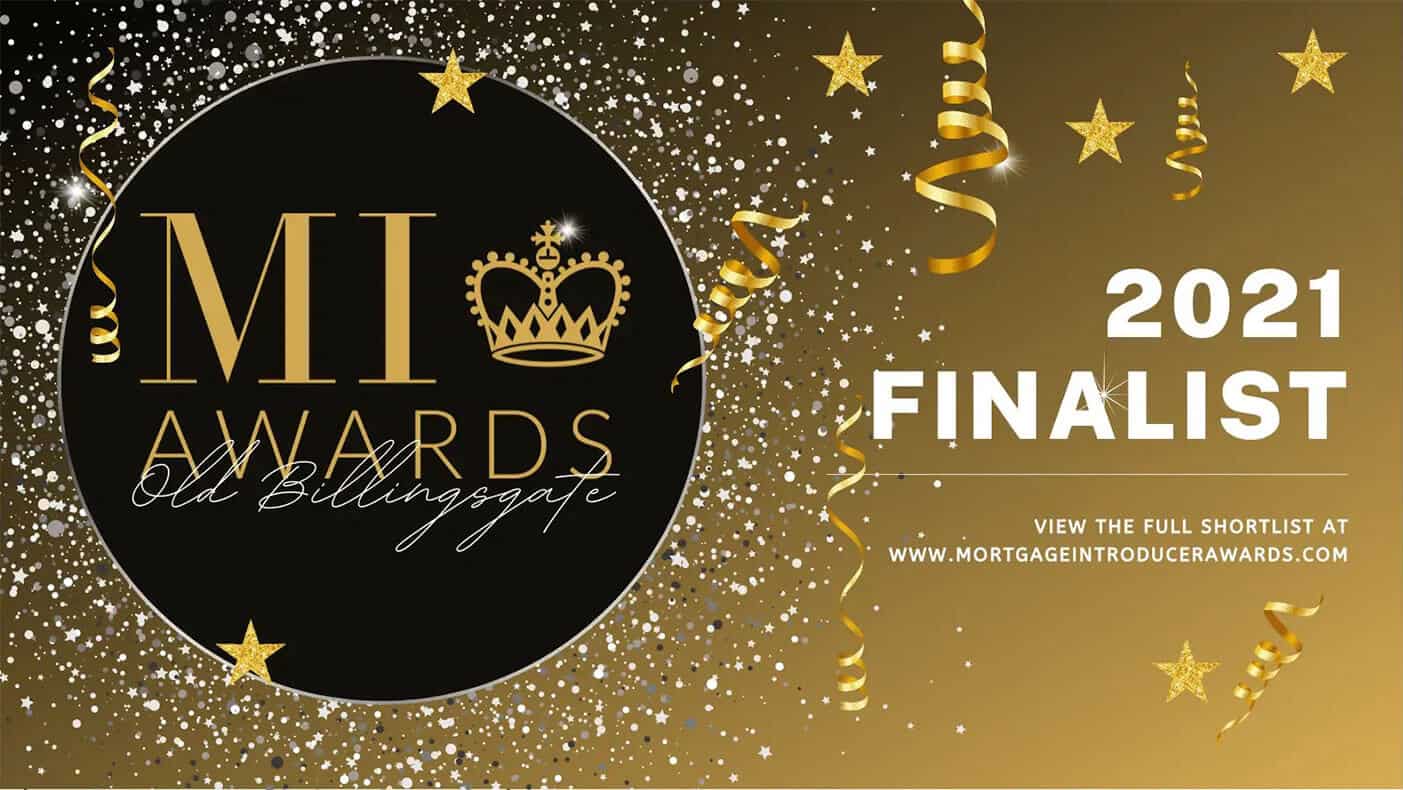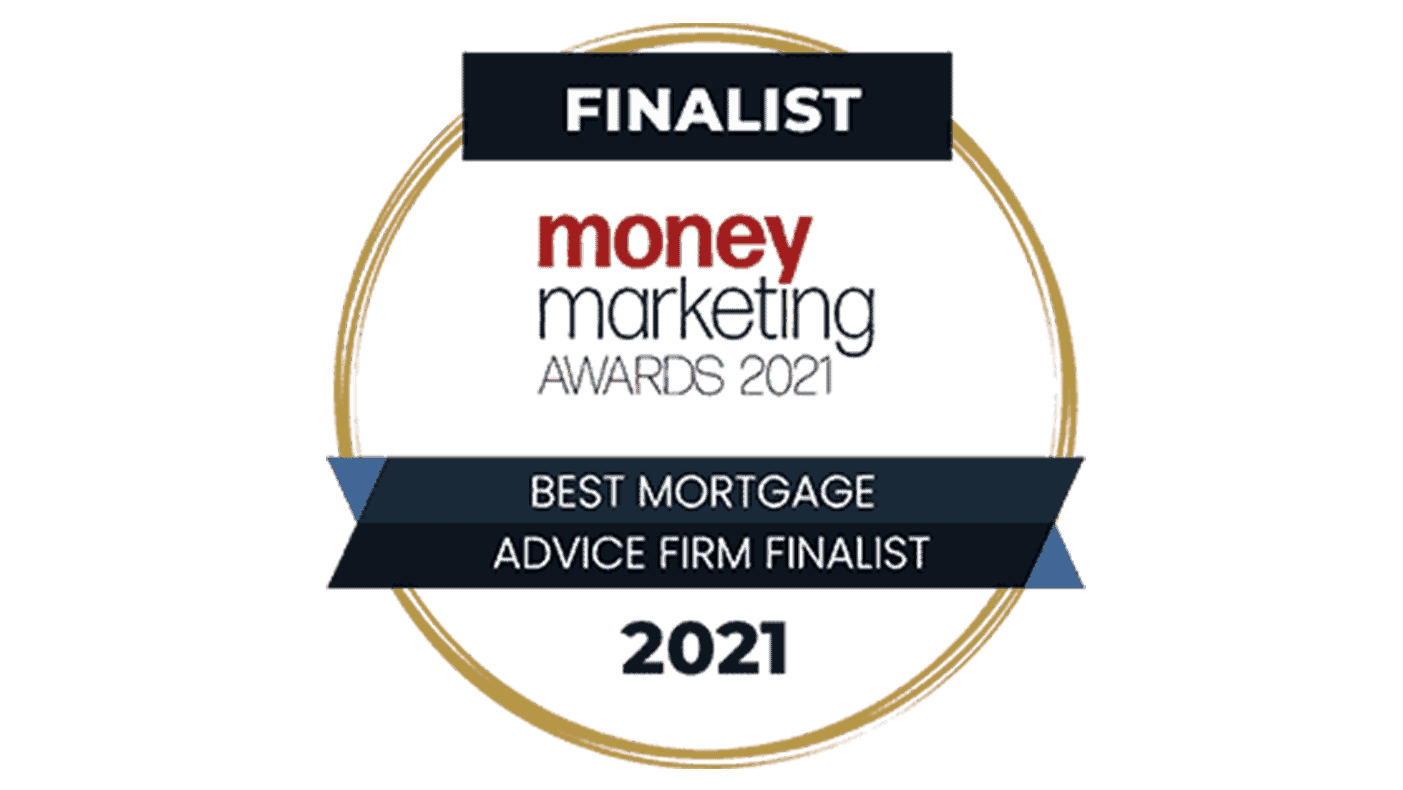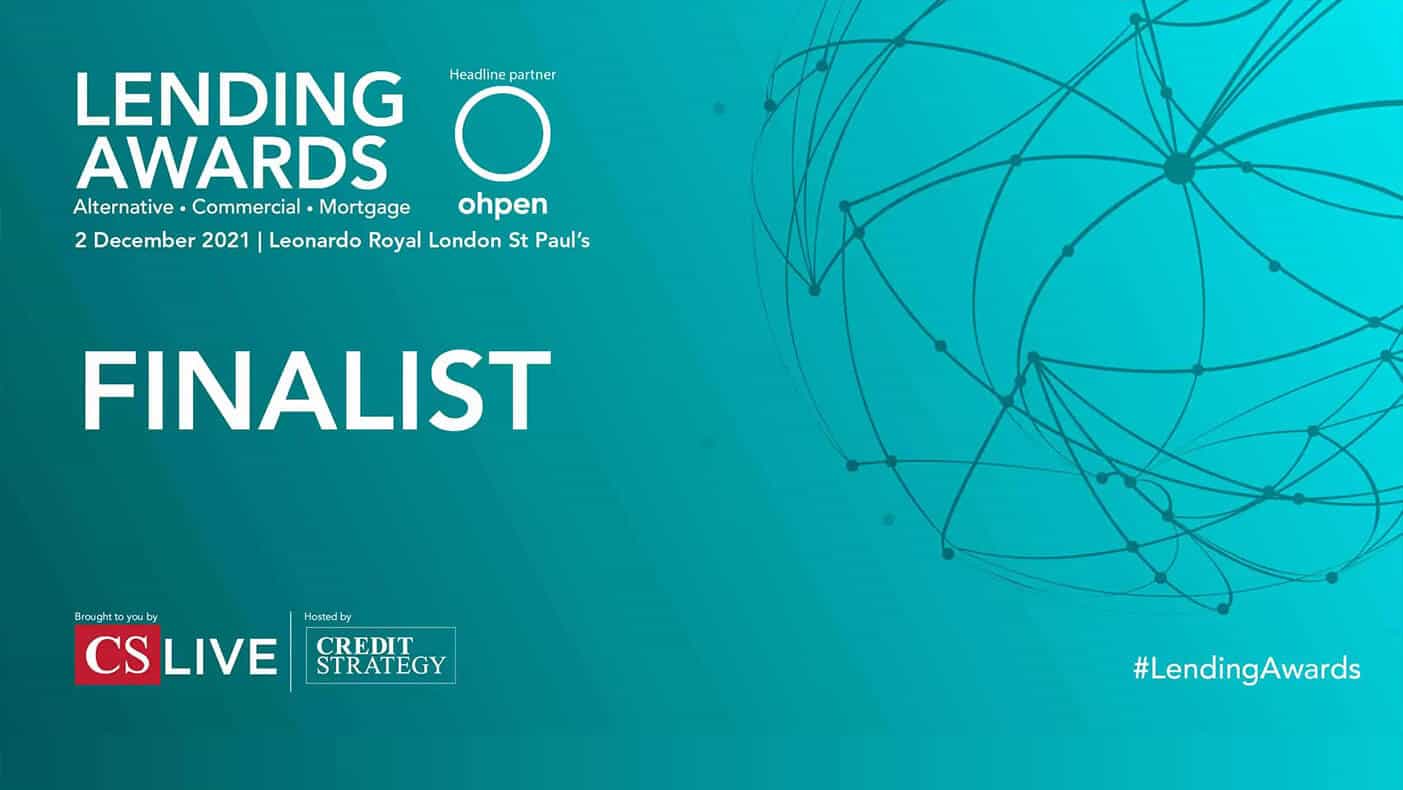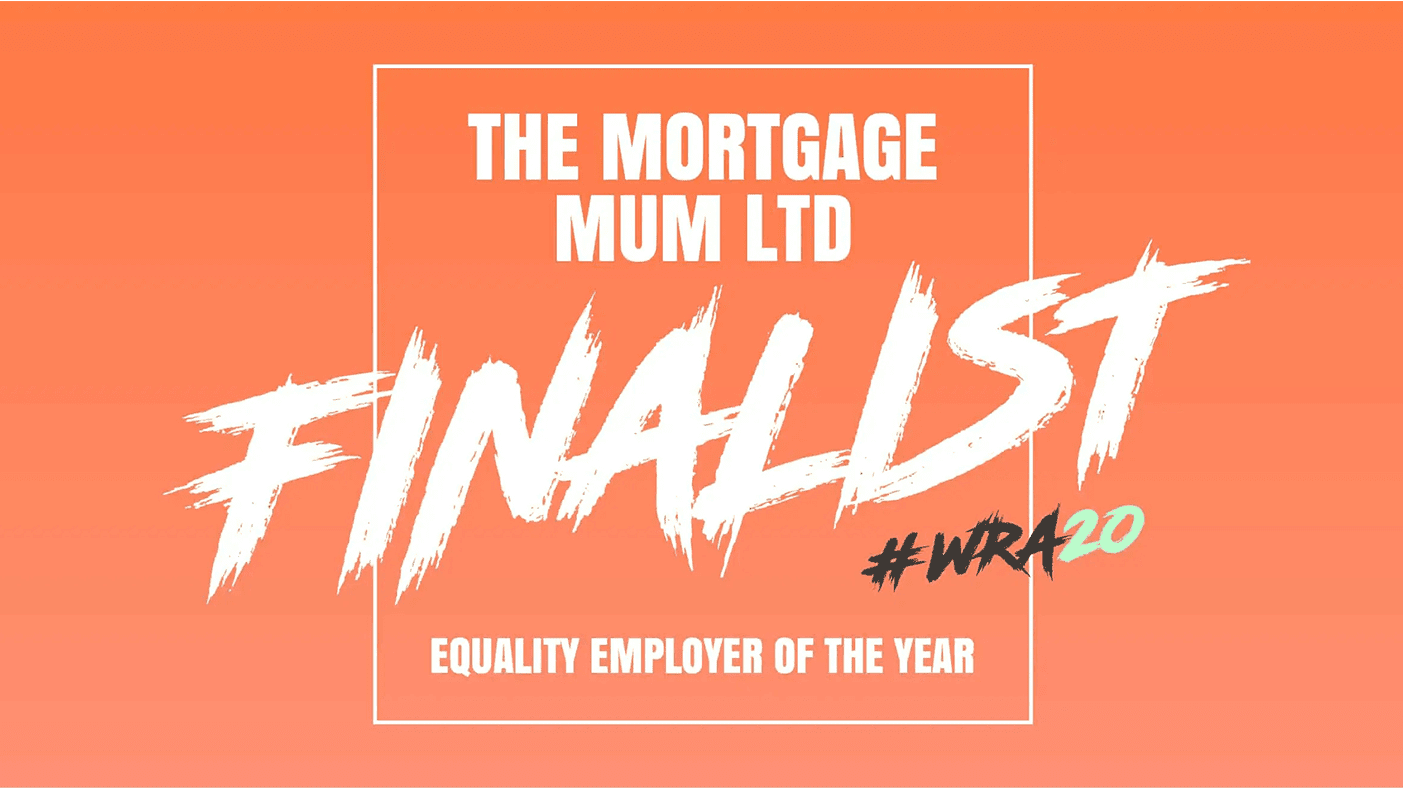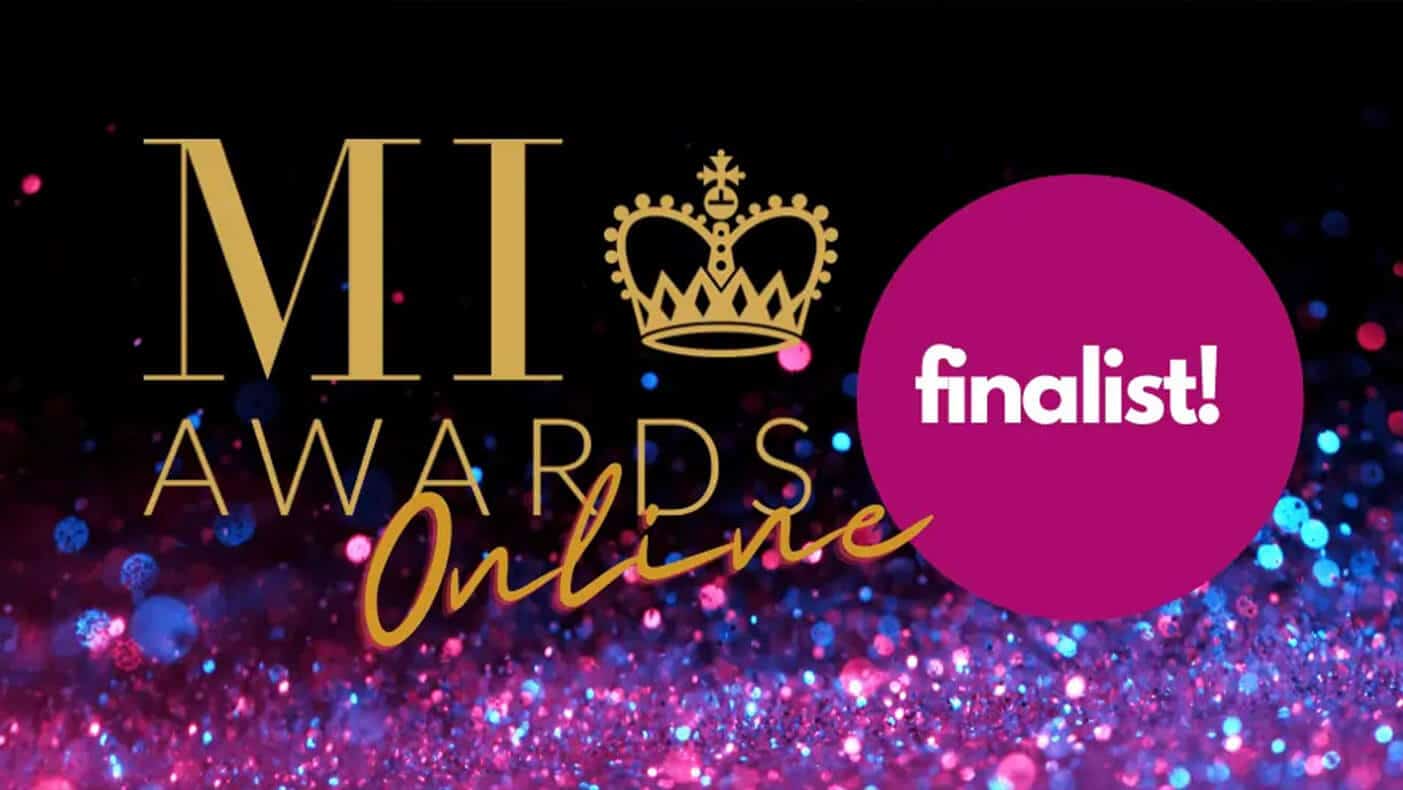Documents Needed for a Self-Employed Mortgage
- Multi- Award winning team
- Wide range of lenders
- Bespoke service, tailored to you
- Available at all hours, including after bath time!
Get in touch for an initial free, no obligation chat with an advisor about how we might be able to help.

Get in Touch
Home » Self-Employed Mortgages » Documents Needed for a Self-Employed Mortgage
Documents Needed for a Self-Employed Mortgage Application
How does a Self-Employed mortgage differ from other mortgages?
It’s important to understand that there isn’t a specific ‘Self-Employed mortgage’ product available. Self-Employed applicants have access to apply for the vast majority of mortgage products that are available to employed people. The only thing that differs in a Self-Employed mortgage application is the way that the Mortgage Lender assesses your income.
Despite the rise in Self-Employed workers in the UK, income derived from Self-Employed business activity is still viewed as less stable by Mortgage Lenders. Whereas a PAYE employed person has a basic salary, Self Employed income commonly fluctuates.
In order to mitigate the risk from these fluctuations, lenders will ask Self Employed applicants to provide evidence of two to three years’ worth of stable income, from which they will calculate an average figure to use as your ‘basic salary’.
What specific documents do you need?
Depending on what type of Self-Employed business you carry out, the exact documents you provide will vary slightly. There may also be some variance between lenders requirements.
Like all applicants, current ID and proof of address will be required when you apply for a mortgage. As per your business type, you will also need to provide:
Limited Company Directors
Most lenders will use your personal income and dividends to calculate your average basic income, although some may be willing to consider your net business profits. Based on the lender’s individual criteria, you will need to provide the below documents, usually covering the last two to three years:
- Finalised and certified accounts
- SA302 forms or HMRC tax year overviews and tax year calculations
- Business bank statements
- You may also be asked to provide projected income figures or future business plans
Partnerships
If you own 25% or more of a business as a partner, your income derived from this partnership can be used in support of your mortgage application, however, if you own less than that, it will not be considered as self employed income.
Your share of the net profits is used to determine your basic salary and you will need to provide similar evidence to Limited Company Directors, as above.
Sole Traders or Freelancers
As an independent or freelance worker, your proof of income is slightly more straightforward because there is only your personal income to consider. You will need to provide two to three years’ worth of:
- Certified accounts
- SA302 tax returns or HMRC tax year overview and tax year calculations
Contractors
Mortgage lenders will either calculate your income in the same way as a freelance worker, or if you’re on a day-rate, some will be willing to annualise this to determine your basic salary. Proof of income will therefore be:
- Certified accounts
- SA302 forms or HMRC tax year overview and tax year calculations
- Contracted day-rate evidence
- Signed contracts to prove ongoing work availability
Speak to an expert
We will work at times that suit you and your family, carrying out appointments via video call, telephone or email, giving you the benefit of first class service, around your own schedule, and in the comfort of your own home. So let us handle your mortgage today and find out how well we can look after you, The Mortgage Mum way!
How do you improve your chances of being accepted by a lender?
For Self-Employed applicants, preparation in advance of your mortgage application can be the key to securing a mortgage offer. Here are some beneficial preparations you can do prior to your application.
Improve your credit score
All applicants will undergo a credit check, so the higher your score, the better. Here are some tips to improve your score:
- Ensure you’re registered on the electoral roll at your current address
- Maintain timely utility bill and credit card repayments
- Repay any existing debts
- Refrain from taking out additional credit
- With existing credit arrangements, minimise use and stay within 50% of credit limits
Deposit
A typical minimum deposit requirement for a Standard Residential Mortgage is currently between 5 and 10%, depending on the product.
There is no written requirement for Self-Employed applicants to pay a higher deposit than other applicants, although you will benefit from offering more if you can afford to do so. This can give you access to more lender options and more competitive rates.
Financial preparation
Accounts for the tax years you will be submitting in support of your application must be certified by a qualified accountant, so if you don’t already use an accountant, it’s important to use one to assist with your mortgage application.
Speak to The Mortgage Mum
At The Mortgage Mum, we specialise in helping Self-Employed applicants to find the right lender for them. Having up to date knowledge of the various lender criterias will allow us to match your circumstances with the lender who is most likely to offer you a competitive mortgage deal.
If you need guidance in preparing your supporting documents, we know what each lender is likely to ask for and can advise you whether now is the best time, or provide tips on how to improve your chances of securing a mortgage in the near future.
YOUR HOME MAY BE REPOSSESSED IF YOU DO NOT KEEP UP REPAYMENTS ON YOUR MORTGAGE.
Useful Links
- Self-Employed Mortgages
- Limited Company Director Mortgages
- Self-Employed Mortgages with One Years’ Accounts
- Buy to Let Mortgages for the Self-Employed
- Documents Needed for a Self-Employed Mortgage
- Joint Mortgage When one Applicant is Self-Employed
- What income do mortgage companies look at for the Self-Employed?
- Are Self-Cert Mortgages Still Available?
Why The Mortgage Mum
- We're a team of mums who understand the juggle
- We're all expert advisers with a wealth of experience
- We work around you and your schedule
- We're here to make the mortgage journey easier for you









